Billy Taylor - The Chronological Classics: 1945-1949 (2000)
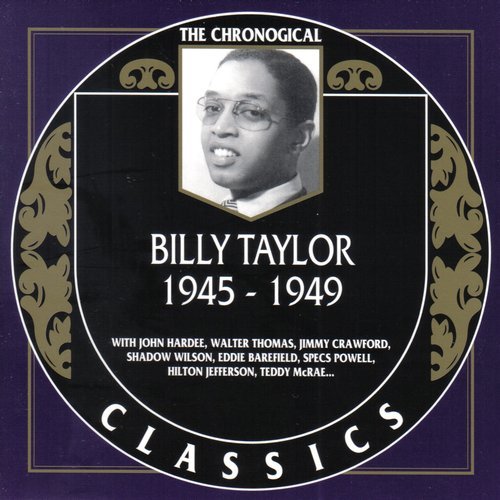
Artist: Billy Taylor
Title: The Chronological Classics: 1945-1949
Year Of Release: 2000
Label: Classics
Genre: Jazz
Quality: FLAC (tracks+.cue,log,scans)
Total Time: 01:02:27
Total Size: 114 MB
WebSite: Album Preview
Tracklist:Title: The Chronological Classics: 1945-1949
Year Of Release: 2000
Label: Classics
Genre: Jazz
Quality: FLAC (tracks+.cue,log,scans)
Total Time: 01:02:27
Total Size: 114 MB
WebSite: Album Preview
01. Monk's Mood (Mad Monk) (2:39)
02. Solace (2:35)
03. Night and Day (2:43)
04. Alexander's Ragtime Band (2:46)
05. Black Maria's Blues (2:56)
06. Bird Brain (2:50)
07. Dee-Tees (2:34)
08. Back Talk (3:11)
09. The Very Thought of You (3:25)
10. Stridin' Down the Champs-Elysees (3:14)
11. Well Taylor-Ed (2:49)
12. I Don't Ask Questions, I Just Have Fun (2:47)
13. So You Think You're Cute (2:40)
14. Twinkle Toes (2:45)
15. Restricted (2:48)
16. Stridin' Down the Champs-Elysees (3:14)
17. Mitch's Pitch (2:58)
18. Mr. B. Bops (2:50)
19. Misty Morning Blues (2:50)
20. The Bug (2:41)
21. Prelude to a Kiss (2:29)
22. Take the "A" Train (2:43)
Many jazz fans don't realize how long ago Billy Taylor began his career; this French anthology assembles five separate sessions that he led as a young man between 1945 and 1949, as well as one date as a sideman. In 1945 he shows the influence of both Art Tatum and Teddy Wilson in the lightly swinging take of "Night and Day," while his campy approach to "Alexander's Ragtime Band" is rather refreshing. His lyrical solo interpretation of "The Very Thought of You" from 1946 demonstrates his considerable growth as a pianist. Taylor also wrote seven of the songs, which include two versions of his easygoing "Stridin' Down the Champs-Elysees," the flashy blues "Well Taylor-Ed," and two rare vocals by Taylor on the Nat King Cole-like "I Don't Ask Questions, I Just Have Fun" and "So You Think You're Cute." The four tracks featuring Taylor as a sideman in the Walter Thomas Orchestra find him pretty much relegated to a supporting role, although the presence of Doc Cheatham, Eddie Barefield, and Hilton Jefferson makes the music of interest. But Taylor's quintet session with the infrequently recorded tenor saxophonist John Hardee (who is in great form) is hampered somewhat by the unnecessary addition of organist Milt Page, who proves to be more of a distraction with his uninspired playing. Because so much of the valuable material within this collection has been next to impossible to find, it will be of significant interest to fans of Billy Taylor.
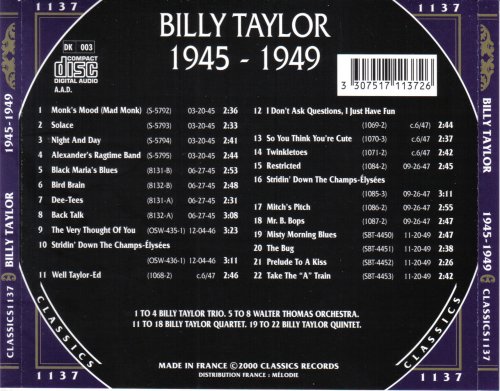
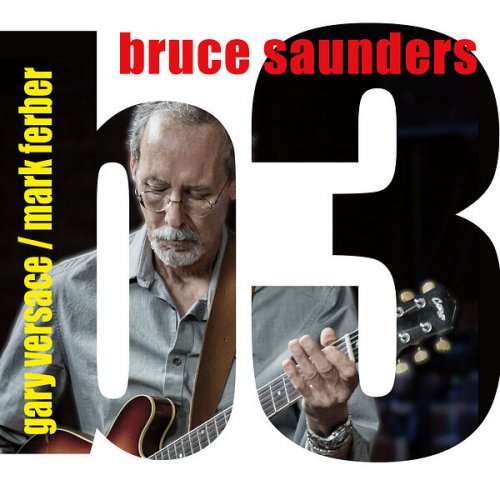
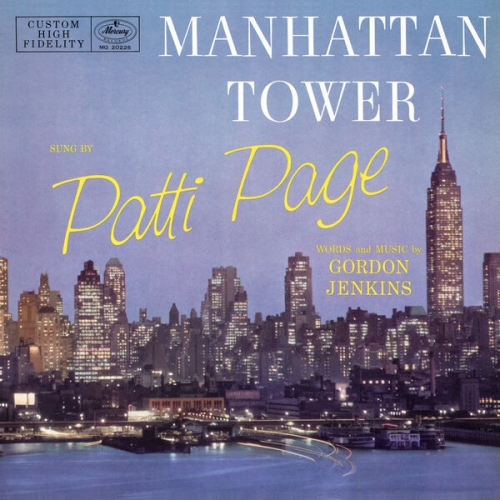
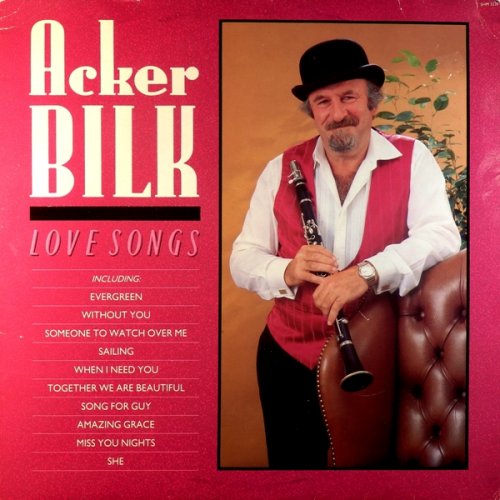
![Various Artists - Lost Tracks: Accra to Addis (2026) [Hi-Res] Various Artists - Lost Tracks: Accra to Addis (2026) [Hi-Res]](https://img.israbox.com/img/2026-02/26/lqvyrzr9f9yed5j0r3zv7c1r6.jpg)
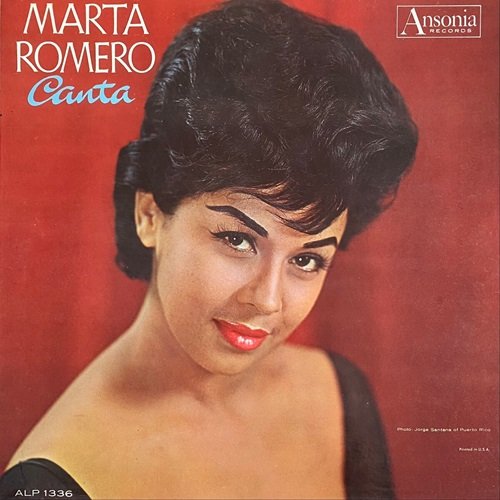
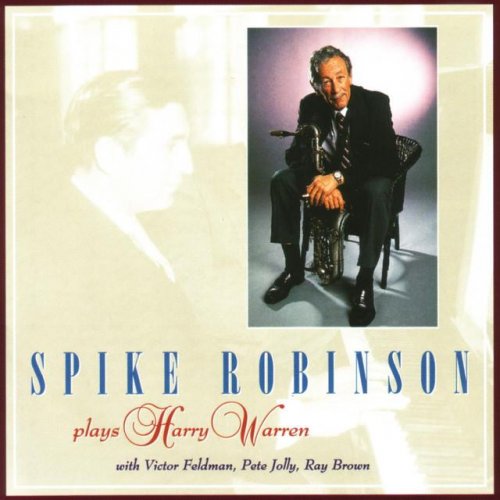
![Whatever Happens Don't Be Yourself! - Tales of No Consequence (2026) [Hi-Res] Whatever Happens Don't Be Yourself! - Tales of No Consequence (2026) [Hi-Res]](https://img.israbox.com/img/2026-02/27/6usdiy5oinb96d1lfeldes4eg.jpg)
![Antonio Faraò & Stéphane Belmondo - Do it! (2026) [Hi-Res] Antonio Faraò & Stéphane Belmondo - Do it! (2026) [Hi-Res]](https://www.dibpic.com/uploads/posts/2026-02/1772037177_1.jpg)
